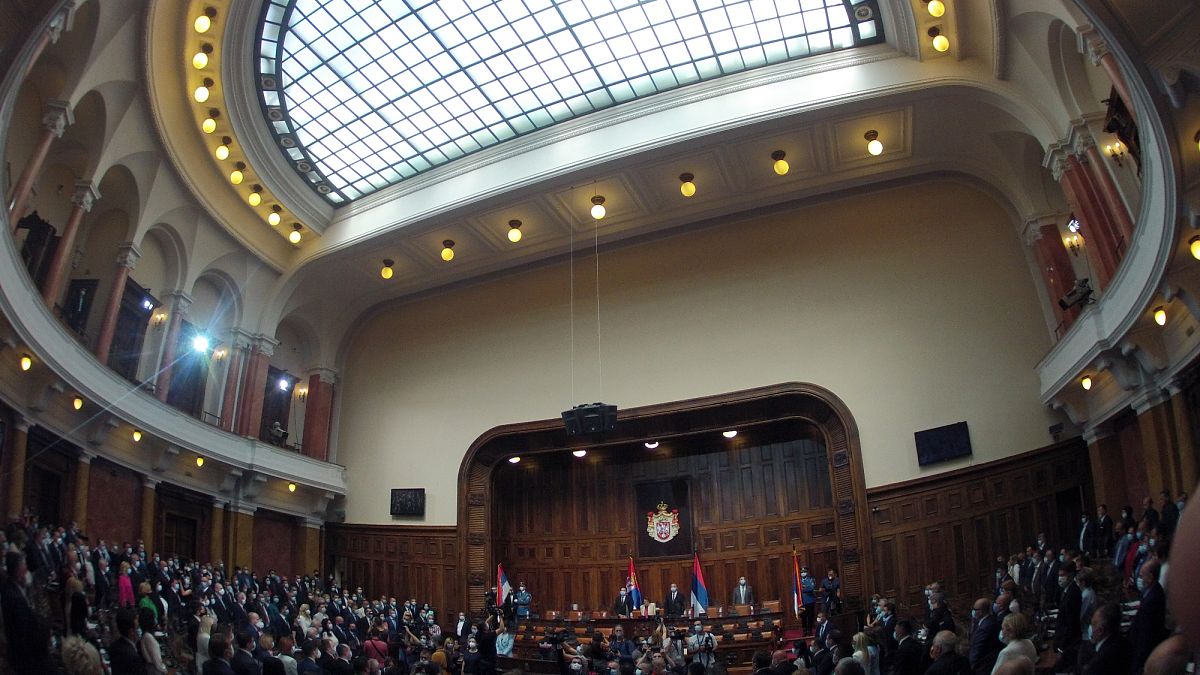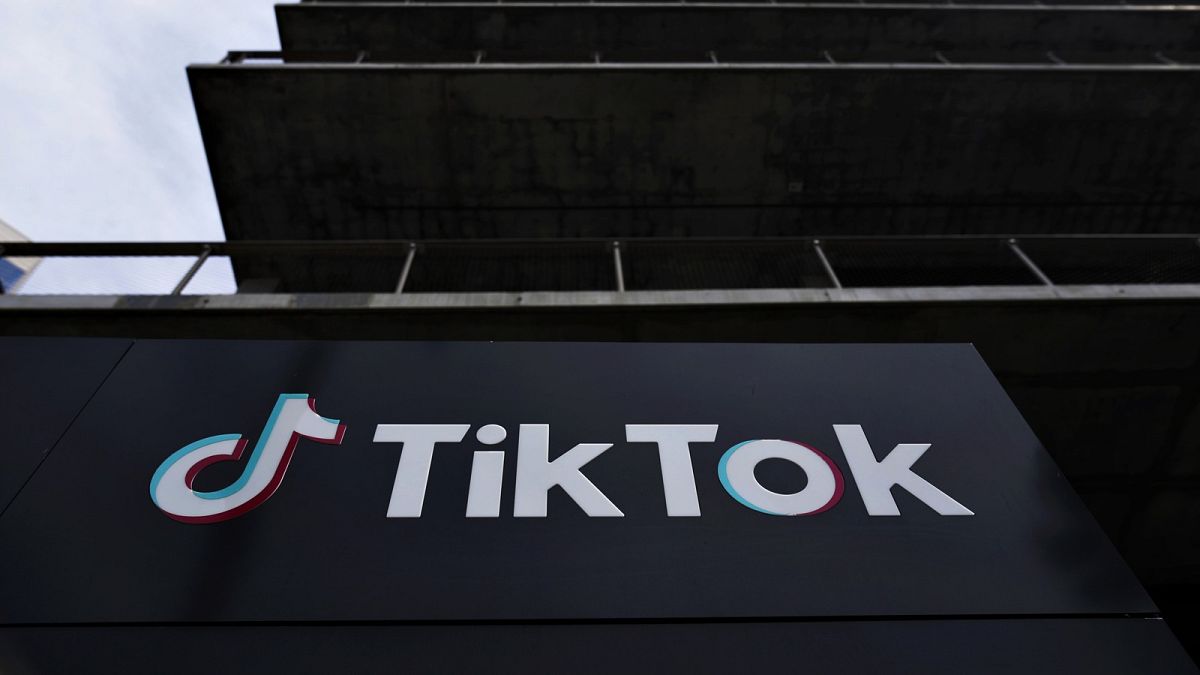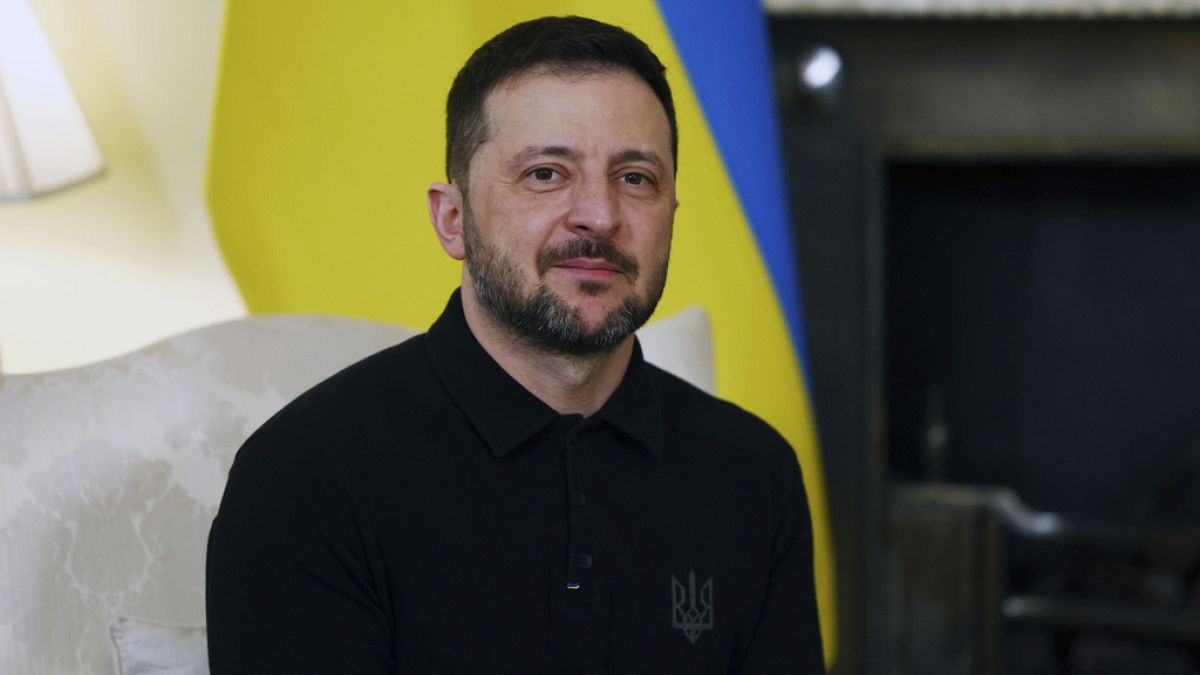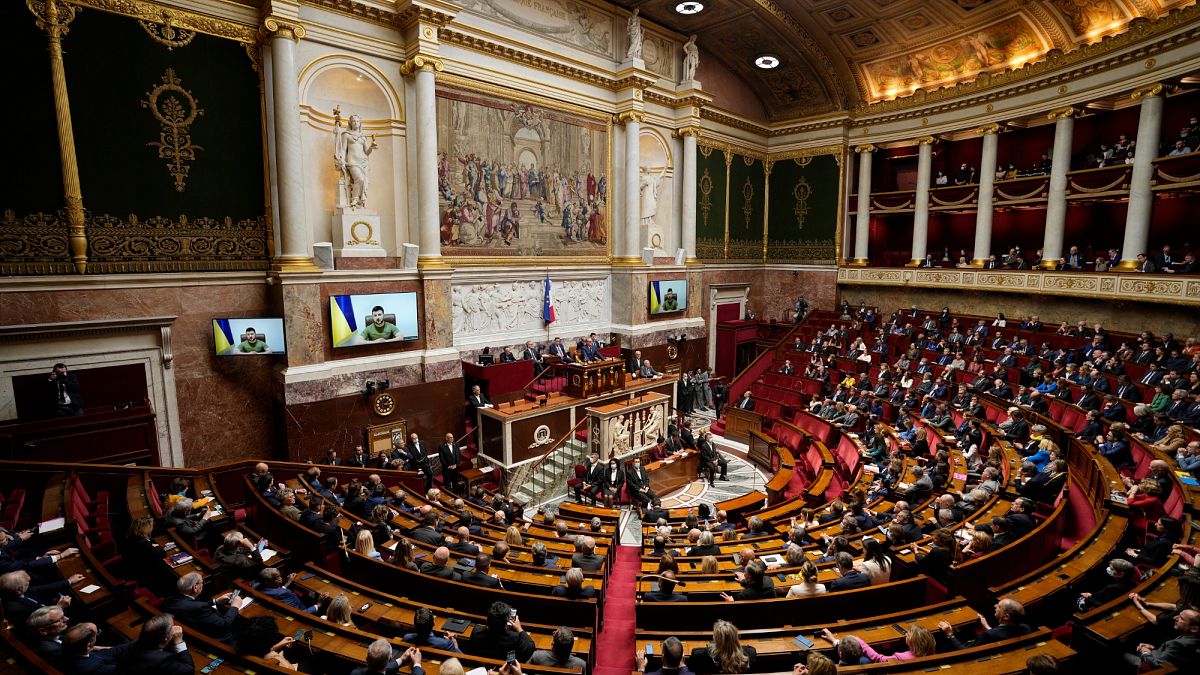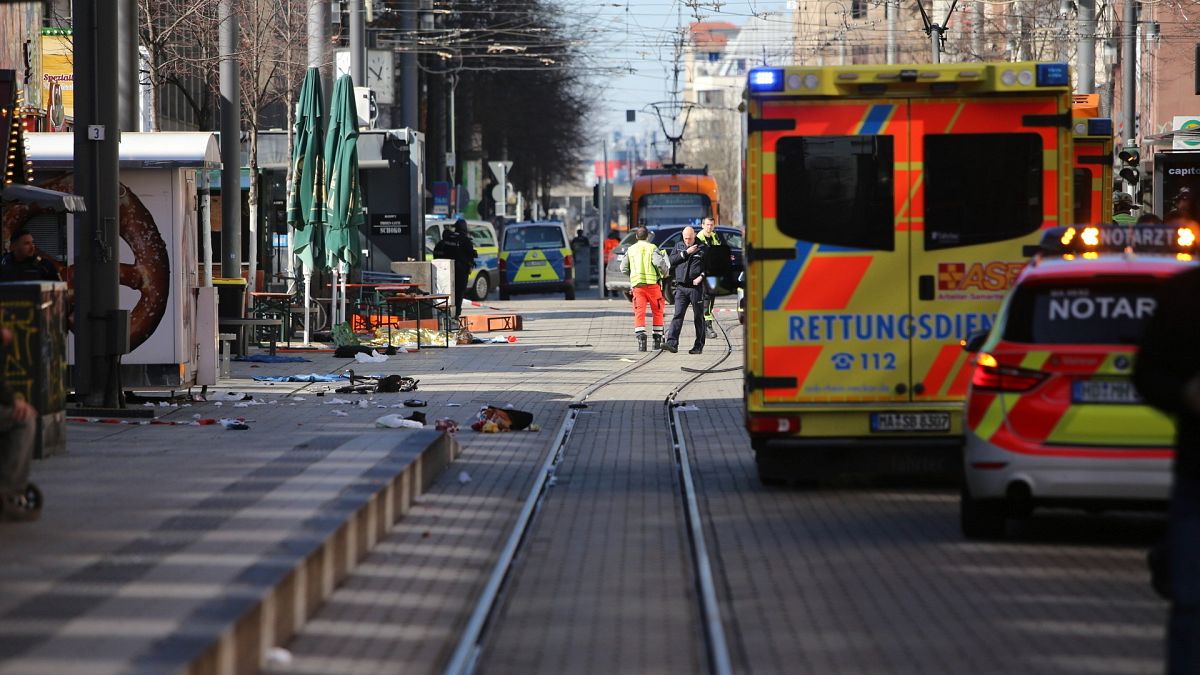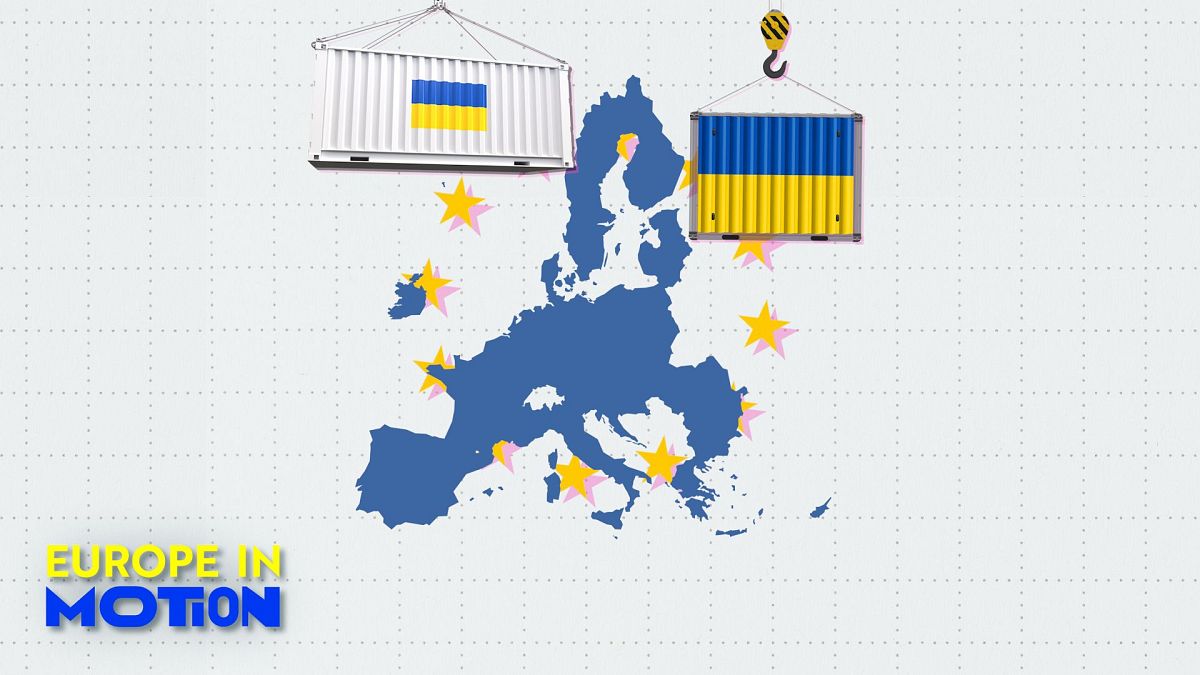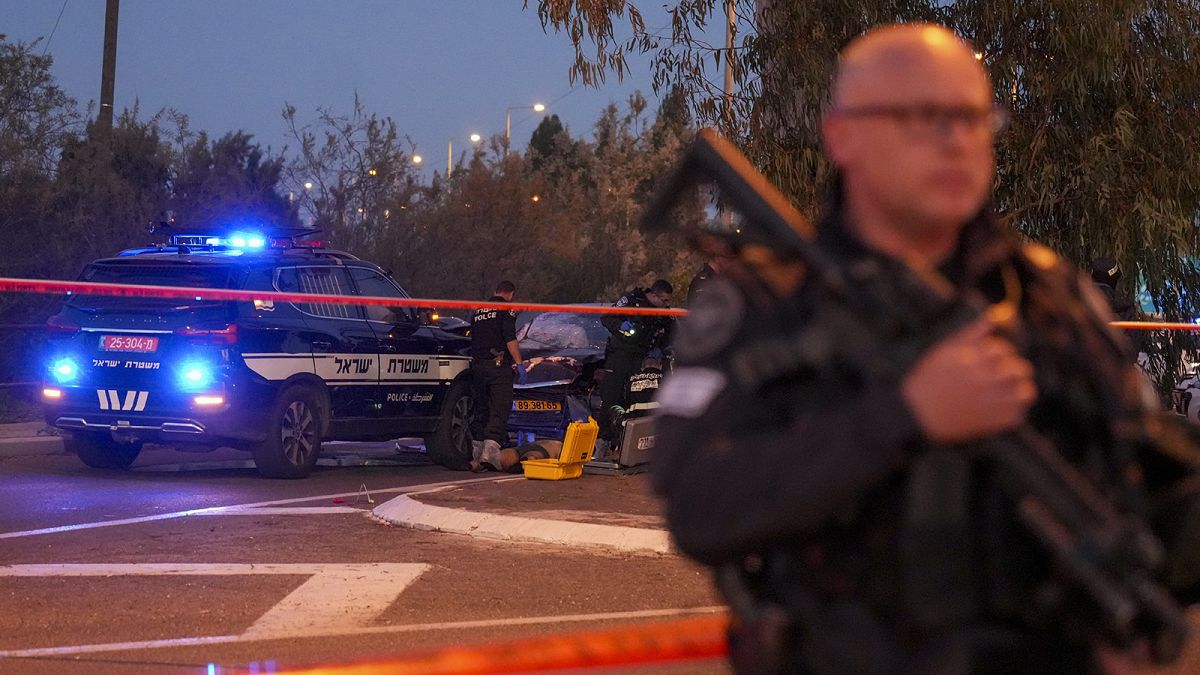A series of declassified documents suggest TikTok was exploited by a “state actor” to influence the outcome of Romania’s presidential election.
The European Commission has sent TikTok an “urgent” request for information demanding more answers about the platform’s increasingly controversial role in the first round of Romania’s presidential elections, which saw the sudden victory of Călin Georgescu and fuelled serious concerns of foreign interference.
Georgescu, an independent candidate who has embraced Eurosceptic, Russian-friendly, ultra-nationalist and pseudo-scientific views, will face off Elena Lasconi, a pro-European liberal, in the second round scheduled for this Sunday.
“We are concerned about mounting indications of coordinated foreign online influence operation targeting ongoing Romanian elections, especially on TikTok,” said Henna Virkkunen, the Commisison’s executive vice-president in charge of digital policy.
The request, released on Friday, is based on the Digital Services Act (DSA) and comes with a deadline of 24 hours. It marks the second request for information sent to TikTok in the context of the Romanian elections after the first one sent last week.
Brussels wants the company to clarify the revelations contained in the intelligence documents that Romanian President Klaus Iohannis declassified on Wednesay, which strongly suggested Georgescu’s abrupt rise had not been “a natural outcome” but the result of artificially coordinated action to manipulate and exploit TikTok’s algorithm.
The campaign was likely orchestrated by a “state actor,” the documents said. Although Russia is not mentioned as the culprit, the agencies detected similarities between an online campaign in Romania and a previous one that Moscow had conducted in Ukraine.
According to the Romanian Intelligence Service (SRI), a previously hidden network, mainly operating on TikTok, which had been largely dormant since its creation in 2016, became very active in the two weeks before the first round of the elections. The network’s operators, recruited and coordinated through a channel on the messaging platform Telegram, used methods typical of a state actor’s “mode of operation.”
The SRI also reported that nearly one million euros were spent in the campaign by an individual supporting Georgescu’s candidacy, with up to €950 paid for a repost. TikTok itself admitted to receiving €362,500 from this person last week, the documents showed.
The declassification sent shockwaves through Romania and beyond, stoking fears the Eastern European country had fallen victim to foreign interference.
“TikTok needs to set up resources to counter information operations ahead of the election weekend coming up,” a Commission spokesperson said.
TikTok under scrutiny
The request for information follows the “retention order” that Brussels announced on Thursday, which compels TikTok to “freeze and preserve” all internal documents and information, including its system of recommendations and the monetised promotion of political content, related to electoral risks across the bloc.
The order will apply from 24 November 2024 until 31 March 2025 and cover upcoming elections in Romania, Croatia, Austria, Greece and Germany.
The data retained by the order could help the Commission open a formal investigation into TikTok’s role in the Romanian race. The probe, which would represent the next stage of the request for information, has not yet been announced.
TikTok did not reply to questions emailed by Euronews.
On Tuesday, representatives of the company faced a grilling in the European Parliament during which they sought to defend TikTok’s actions in Romania. The executives said the platform had taken down several networks aimed at meddling in the elections, including one with 1,781 followers that supported Georgescu.
MEPs left the meeting visibly dissatisfied, complaining many of their questions had been unanswered. Valérie Hayer, the leader of Renew Europe, asked for Shou Zi Chew, the CEO of TikTok, to be summoned before the hemicycle.
“What has happened in Romania is another warning bell for us: disinformation can happen all over Europe with very harmful consequences,” she wrote.
Hayer said that should Brussels determine TikTok violated the DSA, the EU “should follow with stringent sanctions, without excluding a suspension or a full ban.”
TikTok, which is Chinese-owned, has been a recurring target of scrutiny in Western countries over the spread of misinformation and propaganda through its powerful algorithm, which keeps users hooked to an endless stream of recommended content.


